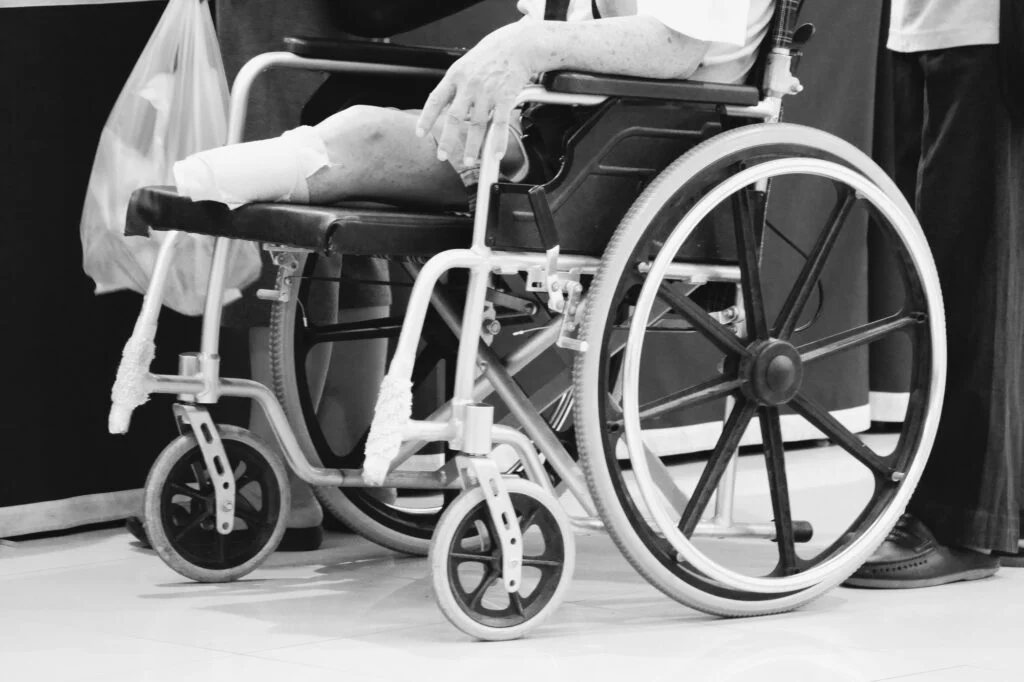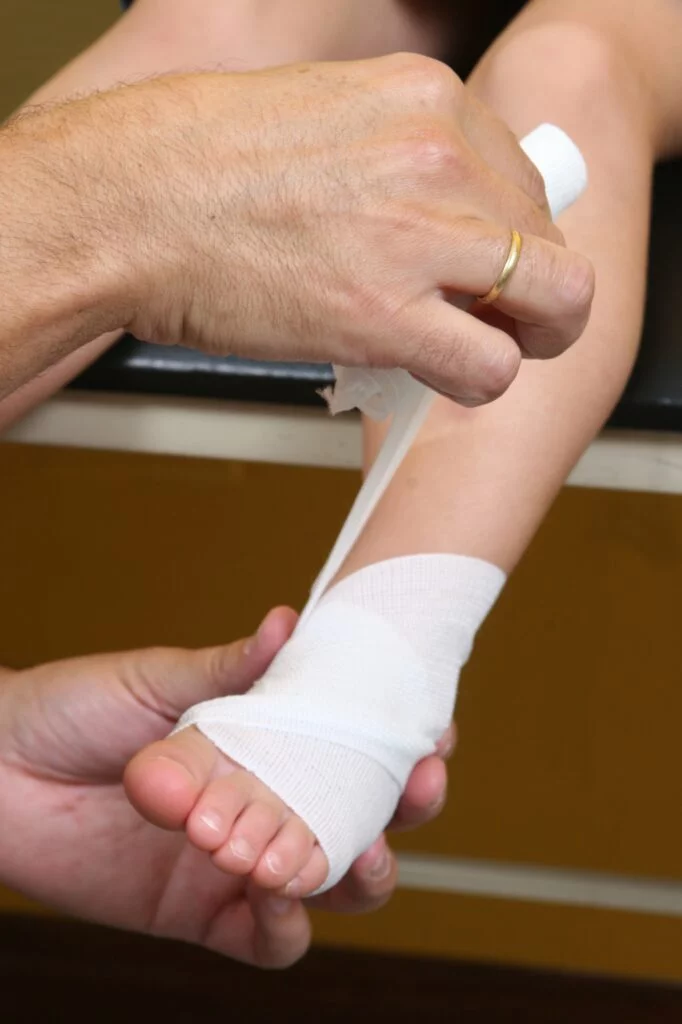What is an Amputation Prevention Center?
Diabetes doesn’t just impact your body’s ability to produce insulin. Over time, this chronic condition also affects your circulation and immune system, negatively impacting your body’s ability to heal. Fortunately, conservative, integrated methods of care can prevent up to 85% of diabetes-related amputations.
Utilizing the UCSF Center for Limb Preservation, our Providers use a multi-disciplinary approach to amputation prevention, coordinating care between vascular surgeons, podiatrists, reconstructive microsurgeons, and other specialists to assist people who are at risk of leg and foot amputation.
Who can Benefit from Amputation Prevention?
Anyone with diabetic ulcers or slow-healing wounds can benefit from amputation prevention. This includes people with peripheral arterial disease (PAD), ischemia associated with diabetic small vessel disease, and diabetic peripheral neuropathy.
Our Providers specialize in the diagnosis and treatment of non-healing wounds affecting the feet, legs, and ankles, and develops custom treatment plans that prevent further damage and improve their patients’ overall quality of life to avoid complications and amputation.
When Should I Schedule an Appointment with an Amputation Prevention Specialist?
If you have diabetes or a weakened immune system, any slow-healing wound is cause for concern. However, it’s particularly important to schedule an appointment at Bay Area Foot Care for amputation prevention if your foot or leg ulcer is:
- Red or swollen
- Surrounded by black, dead skin
- Painful or irritated
You should also make an appointment with Bay Area Foot Care if you’ve had an amputation in the past, or you’ve been told that you might need an amputation in the future.
Why Would I Need an Amputation?
Your feet undergo significant wear-and-tear on a daily basis. It’s common to stub your toe, get a cut, or step on a foreign object. However, if you have diabetes, these issues can turn into more serious problems. In fact, diabetes increases your risk of many serious foot-related health problems, including:
- Nerve damage (neuropathy)
- Poor circulation
- Gangrene
- Infections
- Charcot foot
In addition, it’s estimated that 25% of people with diabetes will develop a foot ulcer during their lifetime. The longer a wound remains untreated, the more likely it is to become infected and cause more serious problems. By regularly examining your feet and always wearing shoes and socks, you can significantly lower your risk of future issues.
If you’re living with diabetes and you’re concerned that you’ve developed an infection, don’t wait to seek professional help. Make an appointment for amputation prevention by calling the office or clicking the online booking tool today.


